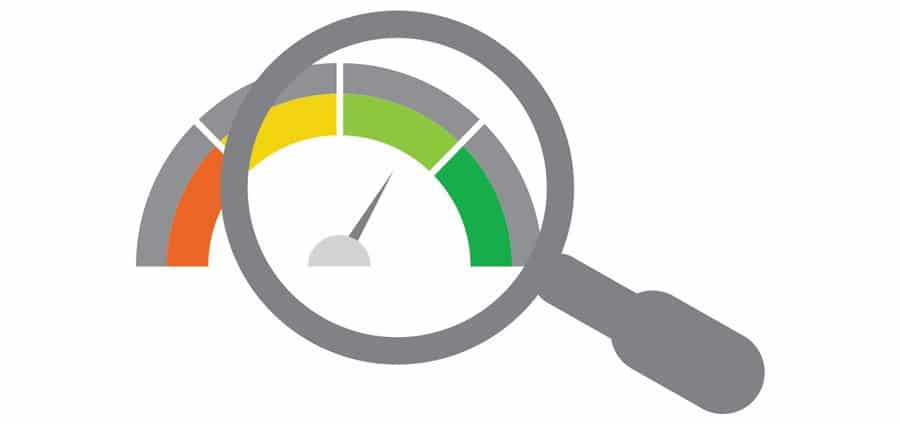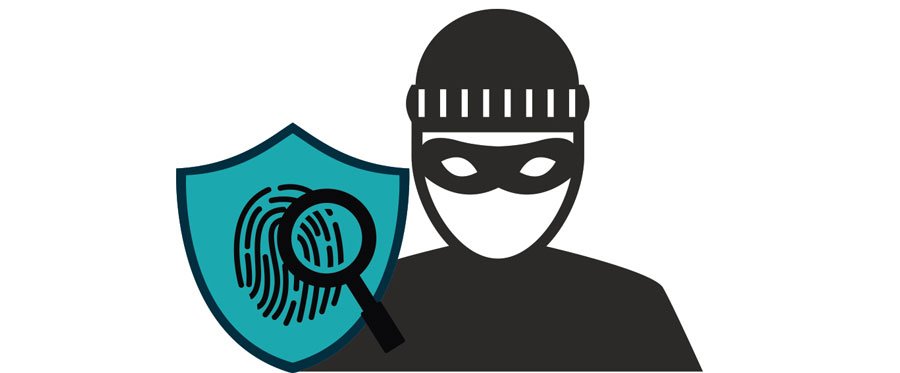Credit Monitoring Services
Credit Monitoring Services track changes in borrowing behavior of the individual consumer, who utilize a monitoring service to guard against instances of fraud and identity theft, as well as to provide regular updates related to overall creditworthiness – including FICO credit score, debt levels, and debt utilization.
With identity theft remaining a serious issue for the consumer, and given the importance of the individual consumer maintaining awareness of their own credit profile, credit monitoring services deserve a rightful place within the American consumer economy.

What Does a Credit Monitoring Service Do?
Credit Monitoring Services provide updates related to new account applications and/or accounts that have been opened in an individual’s name, information related to “hard pulls” conducted during mortgage, auto-loan and personal loan applications, as well as information related to any large-ticket purchases, such as an automobile.
Meantime, apart from protecting against potential identity theft, the comprehensive tracking of credit scores and consumer behavior serves an important purpose by keeping consumers informed of their degree of creditworthiness and allowing them time to make any necessary reparations prior to filing significant loan applications, including a home mortgage or auto loan.
ABC

Protect Against Identity Theft
While it is the case that credit monitoring services can provide early warning of fraud or identity theft, the mere fact that they include information related to events that have already happened – even if only the day before – means that these services offer protection after an attempt at identity theft or fraud has already been initiated.
Therefore, credit monitoring services function as part of a broader strategy to protect and monitor personal information that malicious actors could use to commit identity theft or fraud. Accordingly, it is important for consumers to remain vigilant about disseminating personal information including Social Security numbers, bank account numbers and credit card account numbers. After manually verifying the accuracy of all credit card statements, it can make sense to utilize a reliable credit monitoring service as an additional layer of security against fraud and identity theft.
What is a Credit Freeze?
A credit freeze is used to guard against identity theft, to prevent anyone from opening an account and borrowing under your name, and to disallow anyone from accessing any of your credit reports without your permission. Since most creditors need to see a credit report before opening a new account, instituting a credit freeze generally stops potential identity theft in its tracks.
In the wake of last year’s Equifax data breach, a recently enacted Federal law now makes the process of obtaining a credit freeze – along with one year of fraud alerts – absolutely free. To access this form of free credit monitoring, simply call all three major credit bureaus – Equifax 800-349-9960; Experian 888-397-3742; and TransUnion 888-909-8872 and supply them with the basic information required to institute the credit freeze.
You will subsequently be furnished a PIN number that will allow you access in the future to lift the freeze when you apply for credit or wish to allow a potential landlord/employer to access your credit report. Until then, once your credit freeze is put into place, only you will have access. Using a credit freeze will have no effect on your credit score, and you will still be able to access a free credit report from each of the three major credit reporting agencies annually through United Settlement.


Choosing a Credit Monitoring Service
There are a number of credit monitoring services available, including those that offer free credit monitoring. Many financial institutions and credit cards now include free FICO score tracking with online accounts, while many paid services offer more comprehensive monitoring that includes bank accounts, credit card accounts, loan activity, as well as information related to “hard pulls” and Social Security number activity.
Pricing and features will differ across various credit monitoring services and it is important to take the time to understand what is included in a credit monitoring service and whether the additional features are worth the additional monthly fee. When weighing cost options, pay close attention as to whether the credit monitoring service provides data related to all three credit bureaus (Experian, Equifax and TransUnion) – or to just one or two of them.
The Best Credit Monitoring Services
There are several credit monitoring services available that are worthy of investigation. PrivacyGuard provides daily credit monitoring via text, email, or phone for all three credit bureaus. New users can register for $1 and receive a 14 day trial, which includes access to credit reports and scores for the three major credit bureaus. From there, PrivacyGuard offers three different plans starting at $9.99/month, all of which include ID Protection, a service that scours the internet (including the dark Web) for potential signs of identity theft.
CreditKarma offers free credit monitoring, in the form of allowing its users to monitor current credit scores, account balances, and any important changes included within their TransUnion and Equifax reports. However, do note that this free credit monitoring service, though useful in that it provides data from two of the three major credit bureaus, excludes all credit monitoring data related to Experian credit reports.
Finally, Identity Guard who were an early pioneer in combating identity theft, having launched operations in 2001, utilizes artificial intelligence to provide comprehensive identity theft protection through several tiered plans starting at $8.99/month that include data from all three credit bureaus.

Are you in debt? we can help
Get Debt Relief
Speak with licensed debt specialists dedicated to guiding you toward financial stability every step of the way.

Ready To Get Started?
See if you qualify for debt relief. Get a Free savings estimate to see how quickly you can be debt free.
Embrace financial freedom with our tailored solutions, expert guidance, and unwavering commitment to your success.
Experienced Professionals
Our experienced team has helped thousands of clients successfully eliminate debt and regain financial freedom.
Customized Solutions
We know every financial situation is different, so we design personalized debt relief plans to fit your specific needs and goals.
High Success Rate
Our proven debt relief strategies deliver real results. With a strong track record of success, we help clients achieve lasting financial stability.
Confidential Consultation
Your privacy is our priority. All debt relief consultations are 100% confidential and handled with the highest level of discretion.
Explore other blogs











